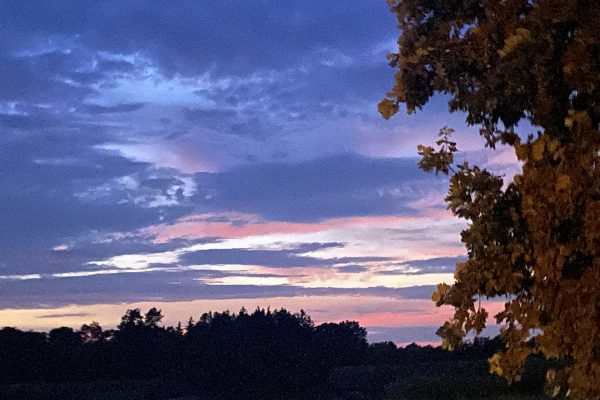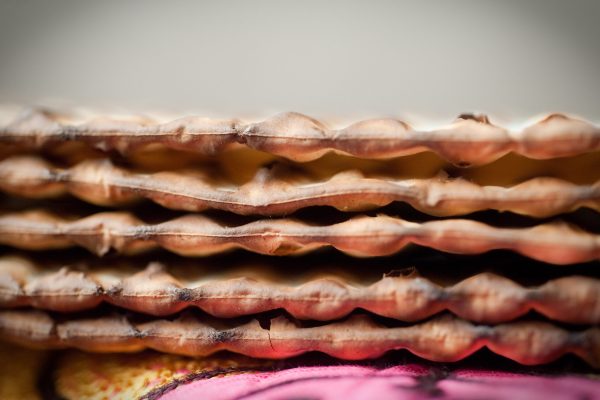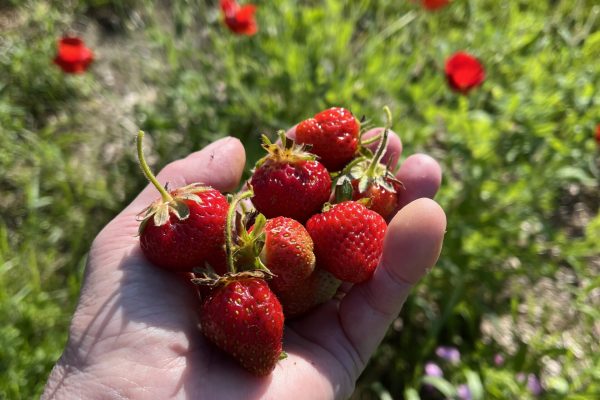The nusakh, or melody, of a particular prayer holds the power to locate us in time. Melodies for Shabbat traditionally vary from those used during the week, just as the melody for chanting from Eicha, or Lamentations, on TIsha B’Av differs from the melody used to chant from Megillat Esther on Purim. While each melody is unique and holds the ability to evoke the tenor of the respective time of year, perhaps no melodies are as haunting as those used on Rosh Hashanah and Yom Kippur.
To learn to chant the High Holiday liturgy click here.











